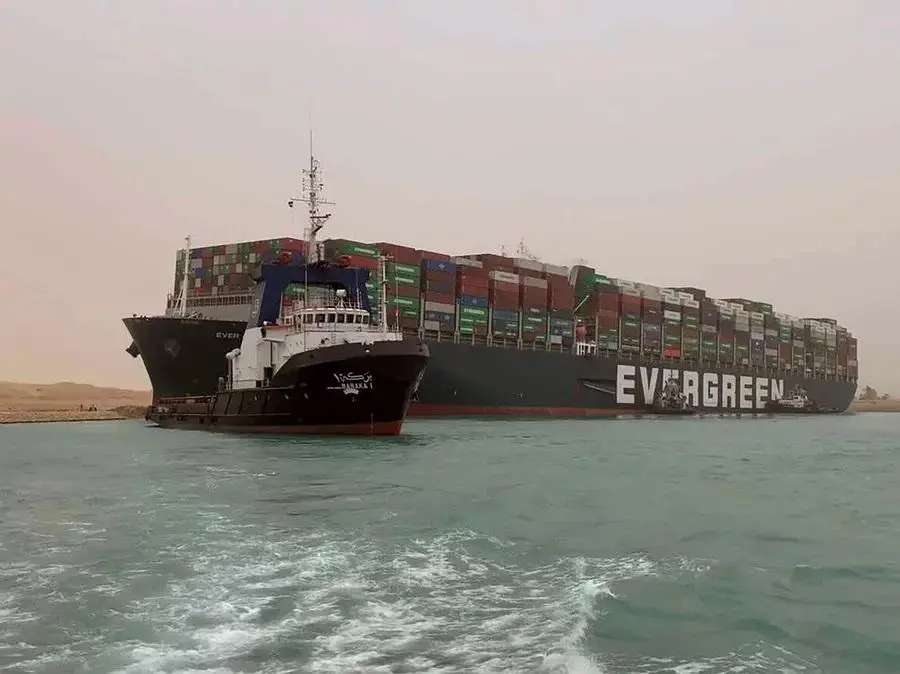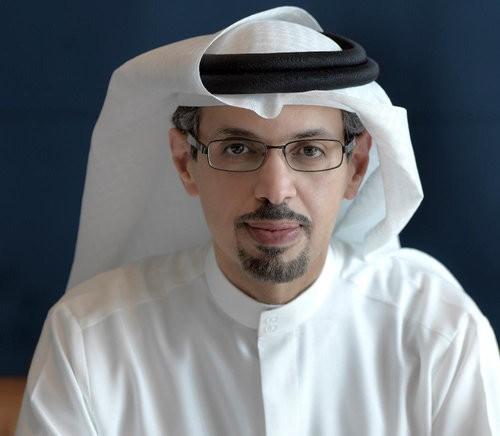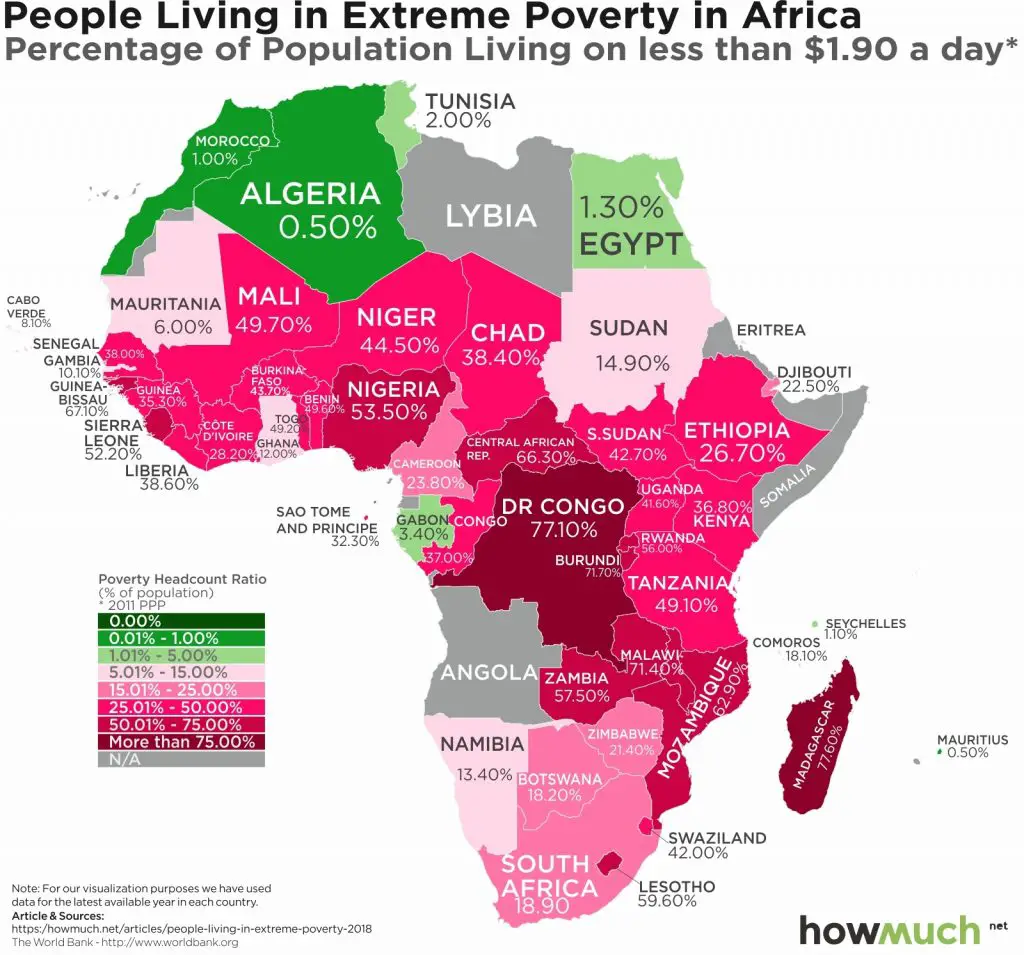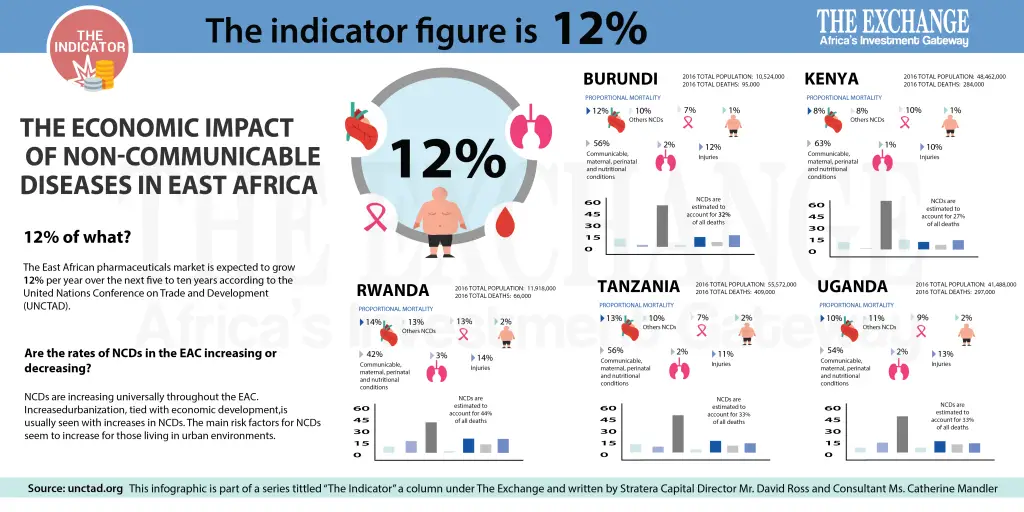- Africa’s new dawn: the rising role of digital and AI in agriculture
- Can Dangote Refinery Transform Africa Energy Ambition
- Gallup Survey: 80 per cent of Kenyan Workers Are Disengaged and Seek New Opportunities
- Madagascar Man Freed from 5KG Tumor After 15-Year Struggle
- How women in Africa are perceived and treated
- Sugar consumption in Kenya to Increase to 1.23 Million Tonnes
- Can Somalia and Turkey Oil deal Bring Change in Somaliland
- Remittances to Kenya dropped to $371.6 million in June, marking a six month low
Browsing: United Nations Conference on Trade and Development (UNCTAD)
- Since 2014, AFC has invested over $1 billion in Africa’s mining of precious metals and critical minerals across several countries.
- The latest partnerships will further strengthen the sector by driving significant capital flow into the continent.
- According to the United Nations Conference on Trade and Development (UNCTAD), two-thirds of developing countries depend on commodities.
Boosting the mining of precious metals in Africa
Africa’s mining sector is poised for significant developments as the Africa Finance Corporation (AFC) throws its weight behind the industry, a key driver of economicjordan air force 1 castelli gabba yeezy shoes under 1000 jordan proto max 720 yeezy boost 350 v2 hyperspace durex intense vibrations ring air jordan 1 element brock purdy jersey dallas cowboys slippers mens custom kings jersey custom dallas stars jersey air jordan 1 element uberlube luxury lubricant air jordan 1 low flyease custom dallas stars jersey growth in commodity-dependent countries.
AFC, the …
- UNCTAD estimates that the weekly transits going through the Suez Canal decreased by 42 per cent over the last two months.
- The ongoing conflict in Ukraine has triggered substantial shifts in oil and grain trades, reshaping established trade patterns.
- Simultaneously, the Panama Canal, a pivotal conduit for global trade, is grappling with diminished water levels, resulting in a staggering 36 per cent reduction in total transits over the past month compared to a year ago.
The escalating geopolitical tensions and climate change related issues affecting key shipping routes are now threatening global trade, the United Nations Conference on Trade and Development (UNCTAD) has warned, with potential to curtail economic development mainly in poor countries.
The United Nations trade and development body has expressed concerns over the disruptions, particularly stemming geopolitical tensions affecting shipping in the Black Sea, recent attacks on shipping in the Red Sea affecting the Suez …
During the 2014-2015 Ebola outbreak in West Africa the disease brought the economies of the region to its knees. The overall impact of the Ebola crisis on Guinea, Liberia, and Sierra Leone was estimated by the World Bank to have hit $2.8 billion ($600 million for Guinea, $300 million for Liberia, and $1.9 billion for Sierra Leone). This included the shocks in 2014 and 2015, and 2016 as the economic impact is outlasting the epidemiological impact.
The economies of the region remained in recession for a while and the countries are still showing signs of human capital loss as well as economic stagnation. Liberia lost 8% of its doctors, nurses, and midwives to Ebola. Sierra Leone and Guinea lost 7% and 1% of their healthcare workers, respectively.
The United States, the United Kingdom, and Germany were the top donors to the international Ebola response, donating more than $3.611 billion (US$) …
Dubai sits at the crossroads of Africa, the Middle East, Asia and Europe. To say that this is a strategic location would be a major understatement. This city is an incredible story of entrepreneurial success and has become an inspiration for African countries and other developing nations across the globe.
In anticipation of the 2019 edition of the Global Business Forum Africa in Dubai (GBF Africa), FurtherAfrica had the privilege of talking to the man leading an institution that plays a fundamental role in supporting the development of Dubai’s business community. His Excellency Hamad Buamim, President and CEO of Dubai Chamber of Commerce and Industry has been at the helm of the non-profit public organisation since 2006. International expansion is a major focus for Dubai Chamber which operates 10 representative offices around the world, including 4 in Africa.
Since it began building its presence in Africa, the …
Leading financial and environmental institutions, United Nations, multinationals and sustainability campaigners on Thursday gathered in Nairobi to hold the inaugural Africa Summit to accelerate green and sustainable finance.
The forum being spearheaded by Standard Chartered Bank is meant to reflect on challenges and the opportunities that can help deliver sustainable development for Africa.
READ ALSO:China ; Africa Development Fund in Africa exceeds $10 billion
Speaking at the opening of the inaugural Summit themed – Transforming Africa into the next Global Growth Engine– Standard Chartered Bank Kenya CEO Kariuki Ngari said sustainable finance is now recognized as one of the megatrends shaping the future of global finance.
The forum was attended by key leaders among them Kenya’s Permanent Secretary Transport, Infrastructure, Housing, Urban Development and Public Works Esther Koimett, Secretary-General of the United Nations Conference on Trade and Development (UNCTAD) Dr. Mukhisa Kituyi and Dr. Richard Munang, Coordinator …
Today’s indicator figure is 12%.
12% of what?
The East African pharmaceuticals market is expected to grow 12% per year over the next five to ten years according to the United Nations Conference on Trade and Development (UNCTAD). The majority of this growth will be due to non-communicable diseases (NCDs) such as heart disease, stroke, chronic kidney disease, dementia, osteoporosis, cataracts, diabetes, cancer, and other similar ailments.
How do the rates of NCDs in the EAC compare to other regions of the world?
The rates of NCDs in the EAC are approaching the rates found in developed economies such as North America and Europe. They have not matched them yet but the growth seen in recent years indicates that they will soon.
Are the rates of NCDs in the EAC increasing or decreasing?
NCDs are increasing universally throughout the EAC. Increased urbanization, tied with economic development, is usually seen with …










